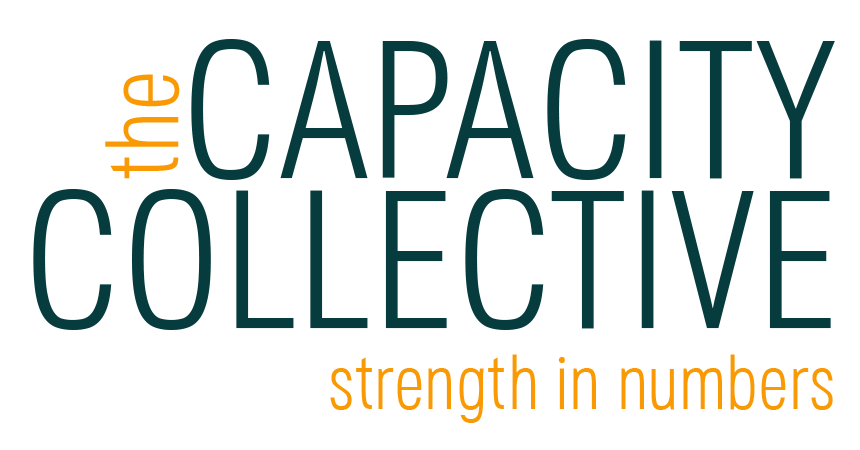What’s the Deal with Data?
Free online training series for grantees of King County’s Racism as a Public Heath Crisis Capacity Building Program.
Three Tuesdays, March – May
11:30 AM – 1:30 PM

March 26 | Pt 1: Why Should You Care About Data?
What is data, and why should you care? Data can be frustrating and tedious. Data has also not always been used in positive ways, especially for those of us from marginalized communities. The good news: data can be more than this! Data can help you bring together the voices and experiences of communities to celebrate your successes, demonstrate your impacts, elevate stories and advocate for social change. In this training we will discuss how to look at the service data you are collecting in a new way to find opportunities to better understand and share the stories of the work you are doing.
April 30 | Pt 2: What Data Should You Collect?
If you have ever applied for a grant, you know that funders love data–and they ask you to collect (and report) on lots of metrics, some of which might be invasive, and/or not reflect the ways your community live and identify. How do you take back that power, and collect data that is meaningful and impactful for you and the communities you serve? In this training, we will help you define success on your own terms, then explore how to tangibly measure that success and frame the data you collect for different audiences based on your data goals.
May 21 | Pt 3: How to Collect Community-Centered Data
One of the reasons you went into this work was probably to support community. The evolving needs of the people you serve is central to why you do the work–are they the center of your data practices? What information you ask your clients to share, how you ask, how you make decisions using your data–-community should be the center of those practices. In this training, we provide best practices for being community-centered in your data collection practices, from onboarding new clients to sharing stories back to the communities from which they came. We will cover a variety of data collection methods you can use to gather community-centered data, including surveys, community cafés, photo voice projects, and more.
